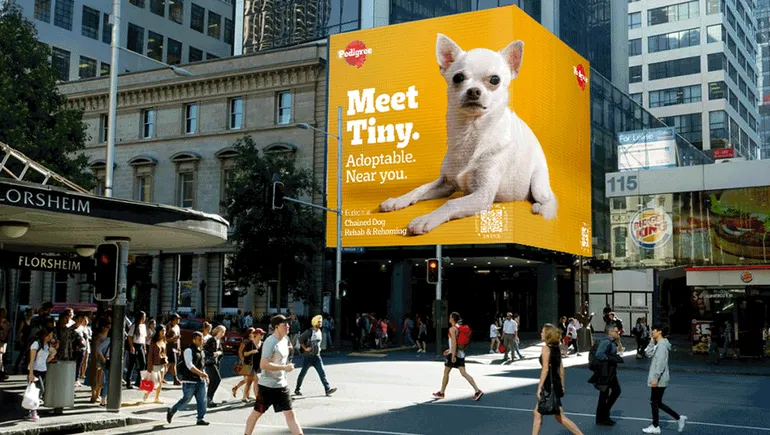
CMOs grapple with smaller budgets, ‘short-termism’ in proving results, survey finds
Dive Brief:
-
CMOs are struggling with “short-termism,” where they feel mounting pressure to provide results on a short timeline, along with a lack of budgets to deliver on their goals and achieve transformation, according to Dentsu Aegis Network’s annual global CMO survey.
-
Among the 1,000 chief and senior-level marketers surveyed by the agency across 10 markets, 64% said they expect to feel further pressure to turn out concrete results in the short term. Short-termism carries over to strategic roadmaps, as nearly half of those surveyed reported they plan ahead for just two years or less.
-
Part of the problem is monetary, as 50% of CMOs ranked an inability to secure long-term investments among the top three barriers to performing well. Additionally, 41% of respondents said their budgets will be flat or shrink over the next 12 months. In some cases, the purse-tightening comes despite expectations of healthy business, as 64% forecast revenue will grow over the same period.
Dive Insight:
The notoriously short-tenured CMO position continues to experience a rocky transformation as digital’s ascendance demands marketers wear more hats related to technology and growth, but organizations often don’t prioritize marketing when it comes to fresh areas of investment. Dentsu Aegis Network’s latest annual survey illustrates how many marketing leaders are feeling greater pressure to turn out results in a shorter time span than in the past, often with fewer resources to reach those benchmarks.
Tighter budgets and time constraints potentially widen a digital skills gap affecting chief marketers. Dentsu’s survey highlights areas of dissonance, such as how eight of 10 surveyed CMOs believe they must transform to meet the innovation requirements of digital, yet the same executives rank “transformation and innovation” as the least important roles for marketing. In terms of data management and analytics, 84% of respondents identified them as important, but just below half felt confident in executing on these crucial areas.
“Much has been written about the optimal mix between performance and longer-term brand investment, but that is no longer enough,” Will Swayne, global president of client solutions at Dentsu Aegis Network, said in a statement. “The new challenge for CMOs is to balance those pressures with the existential need to put the marketing function at the heart of customer-led, business transformation.”
The survey’s findings continue a trend that’s steadily risen for years as more of marketing centers on data and personalization, with traditional creative and brand-building duties taking a back seat. CMO positions remain more volatile than other C-suite appointments, with the average tenure landing at 43 months, according to the executive search firm Spencer Stuart. The past few months have seen a notable level of CMO churn at high-profile companies.
Ad Age reported earlier this week that McDonald’s Global CMO Silvia Lagnado would step down in October. Her duties will be split between two new SVP positions related to global marketing and technology. Johnson & Johnson’s consumer products division parted ways with Alison Lewis, its first-ever CMO, in June amid a cost-cutting push. The company has no plans to replace Lewis, who served as the marketing lead on brands like Neutrogena and Aveeno for six years. Similarly, ride-hailing rivals Uber and Lyft split with their respective CMOs following rocky debuts on the public markets earlier this year. Both companies divided marketing responsibilities among other executives amid broader restructurings.





